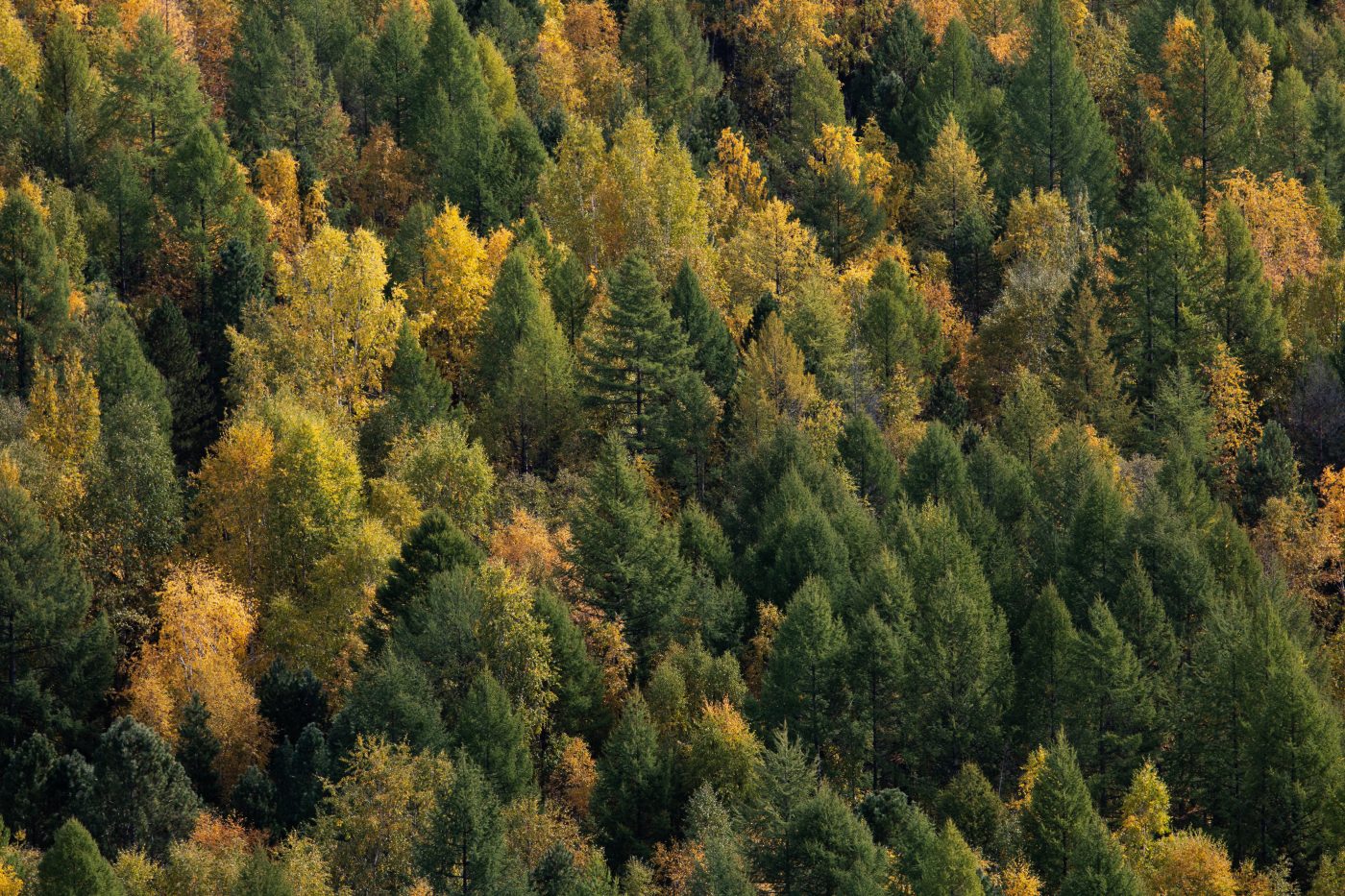A forest is not merely an aggregation of trees, but rather an entire ecosystem that has been developing over thousands of years. It consists of complex interactions between different forms of life, soil characteristics, and water bodies within the forest area. Even the slightest change in any of these components can lead to irreversible consequences.
That is why it is so difficult to ensure a sustainable approach to forest restoration. The planting of saplings in areas of illegal logging or wildfires will not be sufficient to restore the ecosystem. A comprehensive and long-term approach, involving the collaboration of numerous experts and volunteers over decades, is required for this purpose.
How much forest needs restoration? According to the United Nations, the Earth loses about 10 million hectares of forest each year. According to the Russian Federal Forestry Agency, forest fires raged on 4.3 million hectares in Russia in 2023.
In some of the burned areas, the forest may not be able to regenerate on its own. This is why programs are needed that can provide sustainable measures for revitalizing ecosystems.
We want to talk about how forest restoration can be sustainable, using the example of the Lake Baikal Foundation’s program “Conservation of Forests in the Baikal Region.”
Sustainable forest restoration in Baikal
The forest around Lake Baikal protects small streams and rivers that feed the lake from being contaminated. Illegal logging, fires, and the spread of pests threaten the lake’s ecosystem. Global climate change only exacerbates these negative processes. In 2023, wildfires in Buryatia alone consumed over 30,000 hectares of taiga.
In response to this, in 2023, the Lake Baikal Foundation launched the “Conservation of Forests in the Baikal Region” program. The program involves a systematic approach, with the goal of creating the best conditions for the restoration of forest ecosystems.
At this stage, the planting of trees is being carried out in areas where natural regeneration is hindered. Such areas arise as a result of forest fires and landscape features. In the future, the forest restoration program will be scaled up to other areas, and planting practices will be improved based on experience.
Our approach to systematic and sustainable forest restoration:
- Experts select sites where the forest cannot regenerate on its own and develop a restoration plan;
- The species composition of the forest is analyzed to choose the most suitable seedlings;
- Soil preparation and planting are conducted;
- Experts and volunteers provide the young plantings with the necessary care until the forest becomes established.
This approach formed the basis of the project implemented in 2023 – 5.4 hectares of taiga were restored, and over 15,000 seedlings were planted. In 2024, the Baikal Lake Foundation approved two restoration projects covering 10 hectares. In the future, we will enhance both the quantity and quality of our plantings.
Thus, for the seedling plantings to truly lead to further forest restoration, a large block of preparatory work must be carried out, as well as ongoing care for the area after planting.
What is the challenge of such forest restoration?
Programs for forest restoration can be conditionally divided into two categories: long-term and sustainable programs and short-term seedling plantings. In the first case, the focus is on quality – planting seedlings is accompanied by a substantial amount of preparatory work, and the young trees receive prolonged care. In the second case, despite the same cost, significantly more seedlings will be planted, but many of them will not survive, potentially exacerbating the issue.
This is precisely why it is difficult to attract investments in projects where quantitative metrics are lower than those of simple plantings. Theoretically, it is clear that the former is better, but in practice, only a small portion of companies and private donors are prepared to support this approach. Among the business community, pioneers of the sustainable development agenda participate in such projects.
Support for the Program
The “Lake Baikal” Foundation aims to secure support for its forest restoration program and therefore invites partners, the expert community, volunteers, and private donors to participate. For example, at the recently held forum “Strong Ideas for a New Era,” the Foundation’s forest restoration program ranked in the top 1000 of the forum’s “strong ideas.” The program also received high praise from experts at the Agency for Strategic Initiatives.
The forest restoration program is supported by Siberian Wellness. In 2024, we gained another corporate partner – the retail chain “Perekrestok.” To learn how to become a part of this program and contribute to sustainable forest restoration, you can follow this link.


